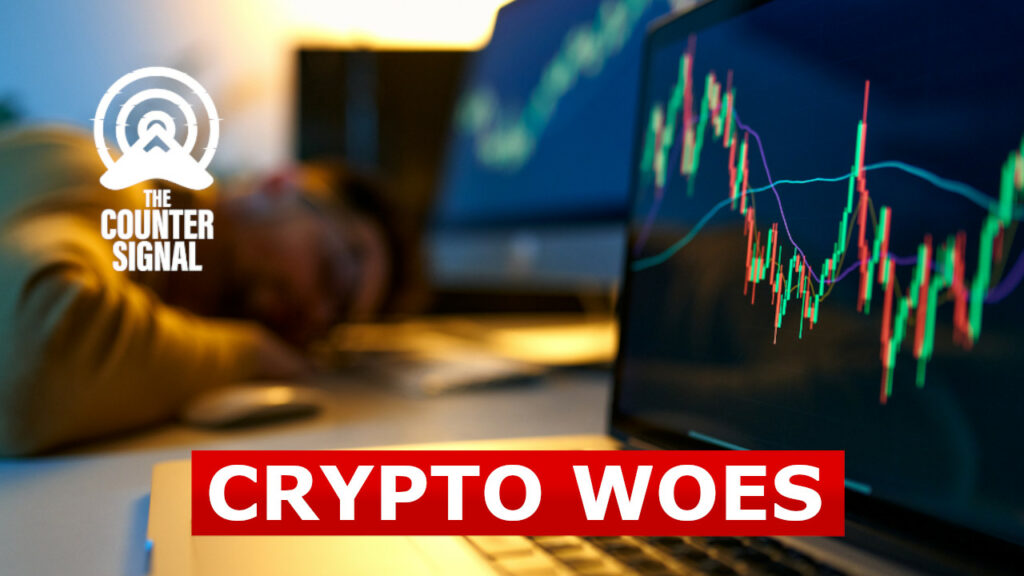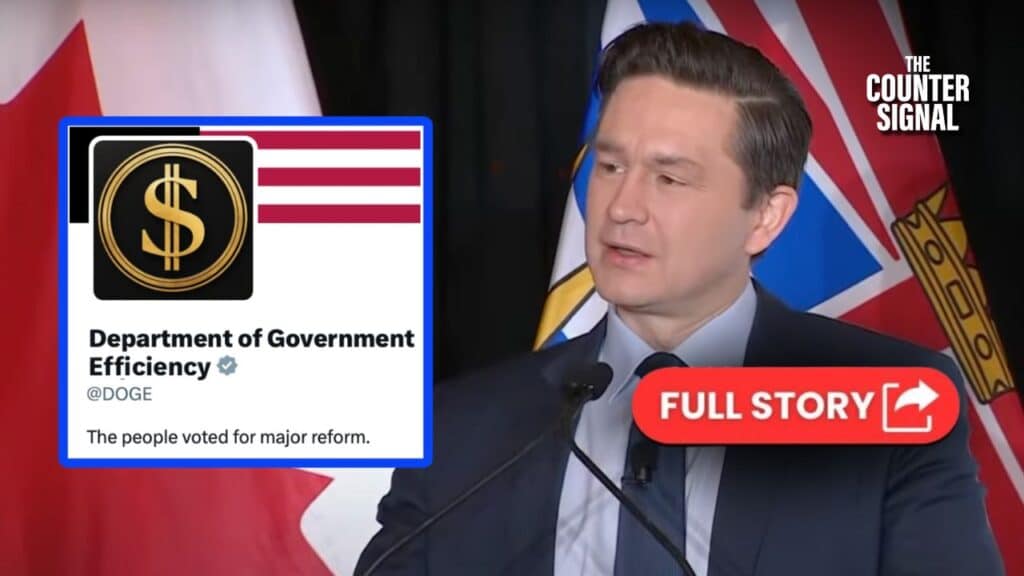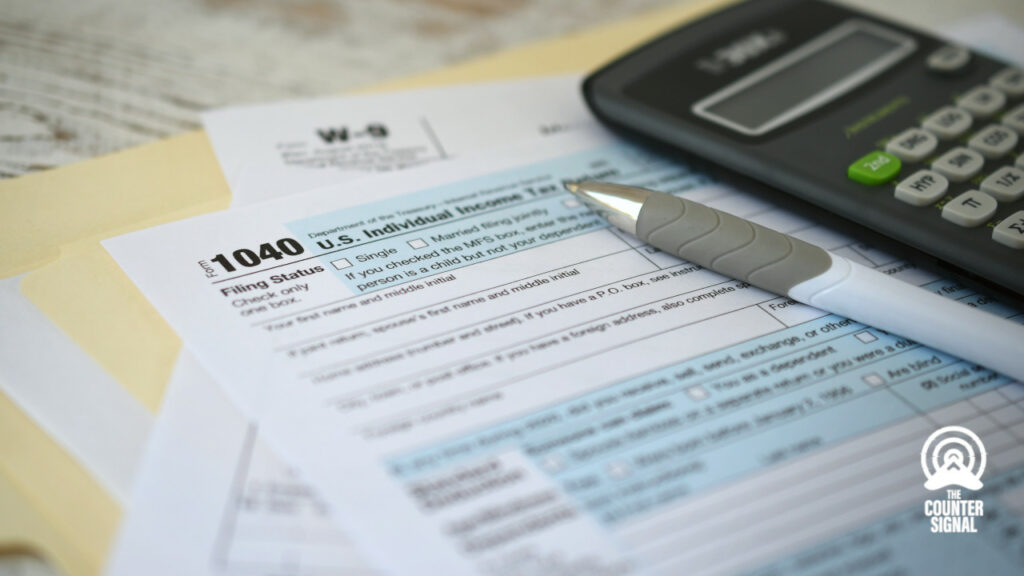The international cryptocurrency trading platform FTX that some Canadians use has filed for bankruptcy after halting withdrawals earlier this week.

FTX filed for US bankruptcy proceedings on Friday and CEO Sam Bankman-Fried resigned.
Late on Thursday, Bankman-Fried said FTX required $4 billion to remain solvent. It attempted to raise those rescue funds through debt, equity, or both, a person with direct knowledge of the matter told Bloomberg.
Leaked records indicate that significant funds were sent to Alameda Research, a cryptocurrency trading firm based in Hong Kong and founded by Bankman-Fried.
Lst week, reports emerged that Alameda somehow leaked its balance sheet, which showed they had understated the value of its FTT token holdings in FTX by more than US $2 billion. The revelations spooked investors who made the connection between the two firms and started pulling funds off the FTX exchange and panic-selling FTT tokens.
Binance, the world’s largest international cryptocurrency trading platform, considered buying out FTX. But it pulled out of the deal, saying it did not want to absorb the unknown losses caused by FTX’s use of customer funds. It also poured more gasoline on the fire when CEO Changpeng Zhao tweeted that Binance would liquidate their billion-dollar FTT position off their books.
As FTX, its top competitor, collapses, Binance’s Zhao now controls an overwhelming market share of the centralized cryptocurrency trading industry.
The Ontario Teachers’ Pension Plan (OTPP) has investments — at one point worth hundreds of millions of dollars USD — with FTX. OTPP Dan Madge declined to disclose how large the investment is.
“Given the fluid nature of the situation, we have no comment right now,” Madge said on Thursday.
Bankman-Fried was reportedly the second-largest donor to Joe Biden’s presidential campaign, with donations amounting to $5.2 million USD.
The Canadian Superintendent of Financial Institutions, Peter Routledge, has said the “under-regulated” sector presents a risk.
However, using a decentralized exchange could prevent fraud if the decentralized exchange was created with competence and transparency. Decentralized exchanges are peer-to-peer marketplaces with no custodians or overlords capable of dipping into customers’ assets — which is what Bankman-Fried allegedly did with FTX and many banks did during the 2008 financial crisis.










